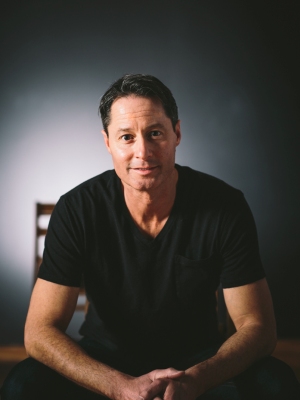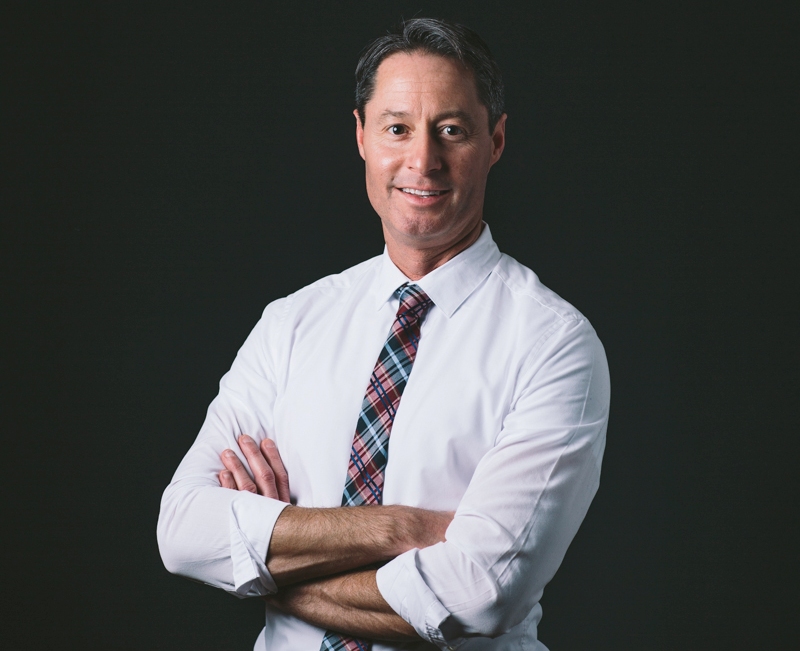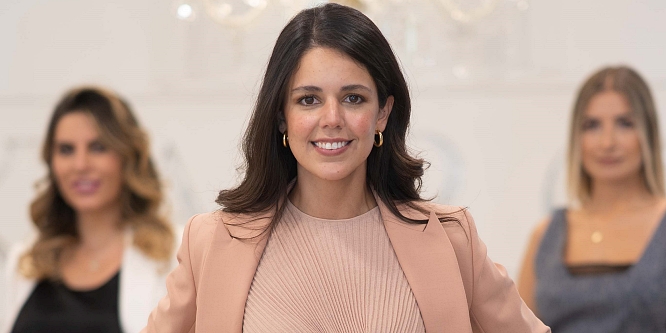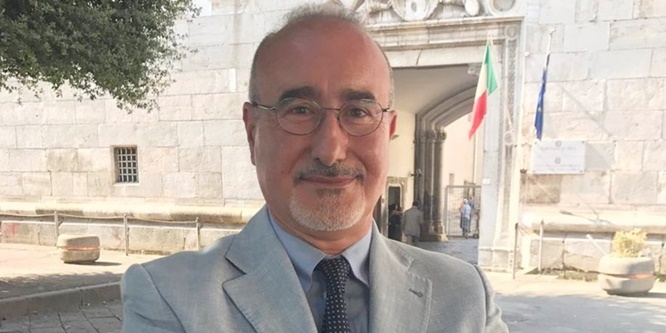- That is a basic principle that Joe Matassino Jr. follows day to day. The American lawyer is giving it all to support the development of preemptive programs in the U.S. by environmental focused NGO.
American lawyer Joe Matassino Jr. has known since law school that his area of interest wasn’t litigation, but rather the defense of human rights. He currently works as director of development of a nonprofit organization focused on the environment, a sensitive issue in a country that has seen throughout its history many disasters that have claimed thousands of lives.
His challenge today is to attract donations from individuals and businesses to fund preventive programs that directly benefit the citizens. But his personal goal is to leave a legacy: a world better than the one he was born in.
– Why did you decide to study Law?
– When I was in college studying politics and communications my father asked me what my plans were after graduation. I said, “I really didn’t know what I wanted to do with my life.” And he said, “Okay then, you’re going to law school.” And so I did. To this day, I think if I had an answer for him my life could have taken a different path. It doesn’t matter though. I’m very happy with the path I have chosen.
– You practiced some time litigating in court?
– No. I have to be honest. I realized in law school that being a practicing attorney didn’t interest me. What did interest me were the types of human rights issues that we discussed in my constitutional law class. I think that is why I eventually decided to work in the nonprofit sector.
 – What is the best of your current job?
– What is the best of your current job?
– I am currently the director of development for an environmental nonprofit in Wilmington, Delaware. Nonprofits in the U.S., (in Chile you might call them charities or nongovernmental organizations), play a critical role. They provide services that our government can’t or won’t provide. Nonprofit’s rely on donations to achieve their mission. In some countries the government is a major source of funding for programs and services. In the U.S. the government does not necessarily play a major role. So soliciting donations especially from individuals, private foundations, and corporations becomes important. That’s what I do. Of course, there are all types of strategies one uses to identify, qualify, cultivate and solicit donors, but I won’t bore you with all that!
– What are your greatest satisfactions in this job?
– In fundraising we talk a lot about leaving a legacy, which means leaving something for which you will always be remembered. It can be a major motivating factor for people to give. I truly feel, through my job, I am leaving a legacy. When I am gone the world will be a better place because I was here. My very first job after graduating from law school was with an economic development organization. My role was to identify ways to attract artists to live and work in the city of Wilmington. It resulted in the creation of the Delaware College of Art and Design. When the school opened its doors, in 1997, I was incredibly proud. What a nice legacy to leave, don’t you think?
– What do you think about gay marriage in U.S.A?
The U.S. is still a very conservative country, compared to the rest of the Western world, but people’s attitudes are slowly changing about gay marriage. Thirty-seven of the 50 states have now legalized same-sex marriage, including some in the more traditional, and rural, sections of the country. I think the media, particularly television programming, over the past 10 years, has had a big influence on how people feel about gays in general. People are also living their lives more openly in the U.S., with less fear and more freedom to be yourself. That is a good thing.
– What do you think about abortion? Think’s it’s a woman right?
– The landmark case Roe v. Wade, which protected a woman’s right to choose was decided more than 40 years ago. It is amazing to me how we are still talking about it! In every national election abortion comes up as a major point of contention. It is such a controversial issue that it is usually not discussed in polite company. Regardless of whether you think it is right or wrong, I doubt the law will be overturned anytime soon.
– What kind of rights you think have the immigrants in U.S.A?
– You’re asking me all of the tough questions! The U.S. is a land of immigrants. Aside from the Native American’s, we all came from somewhere else. Doesn’t Chile have a similar history? This is a complicated issue. We have to distinguish legal versus illegal immigration, and the strain that illegal immigrants can put on governmental services such as education, security and medical care. I believe all human beings should have the same rights, but I also understand the reality that we might not be able to properly care for everyone who wishes to live and work in the U.S. This isn’t just a problem in the U.S. however, many other Western countries, are experiencing the same challenges. To date, I think our government hasn’t done a very good job at addressing this issue.
– Which do you think is the relationship that should be used with Cuba?
– Cuba is a fascinating, forbidden destination to Americans. I was fortunate to have visited Cuba in spring of 2014, as part of a cultural exchange. Despite living with great economic and political adversities, Cubans are extremely resourceful, creative and optimistic. One can already see changes happening. In recent years Raul Castro has been providing the opportunity for Cubans to be more entrepreneurial, which is exciting. It’s such a beautiful culture, that I hope to see their society prosper without being overrun by commercialism. In my opinion a vast majority of Americans believe the U.S. should normalize relations with Cuba. It seems that time has come and it is long overdue.
[box type=»shadow» align=»aligncenter» ]
TECHNICAL SHEET
Full name: Joseph V. Matassino, Jr.
Where do you from? Wilmington, Delaware, U.S.
College Graduation: Ursinus College 1990; Widener University School of Law 1993.
Favorite subject in College: Constitutional Law.
Current work: Fundraiser.
A lawyer who inspire you: Professor Robert L. Hayman, Jr.
The most important human right for you is: The right of young girls to receive an education and issues of environmental justice.
Your favorite city in the U.S? There are many incredible cities in the U.S., but I think New York City is my favorite.
Have you visited Chile? I had a Great Aunt who lived in Chile for two years, in the 1950’s I believe. I have never been, but I would love to visit.
What do you know about Chile? Well, I know it is a long, narrow country with a very diverse topography. I know that Santiago is the capital. I know that there are nice beaches, and that Chileans produce some excellent wine. Carmenere is a popular varietal in Chile, no?[/box]




